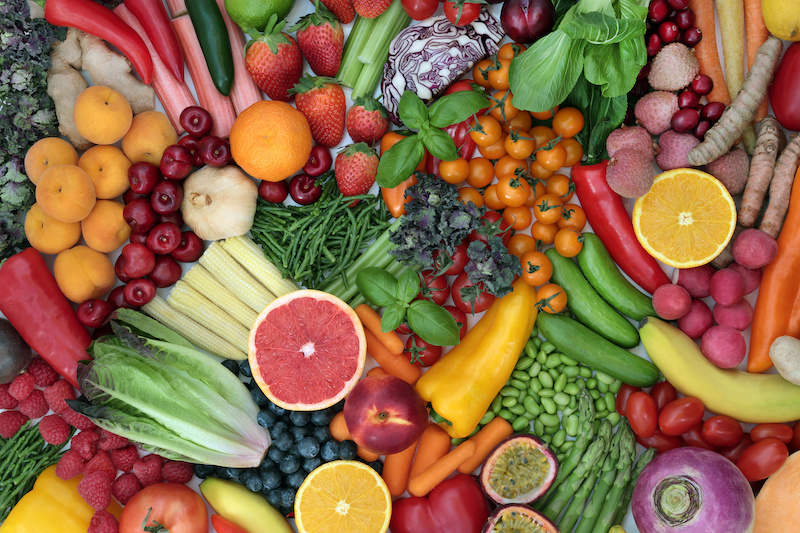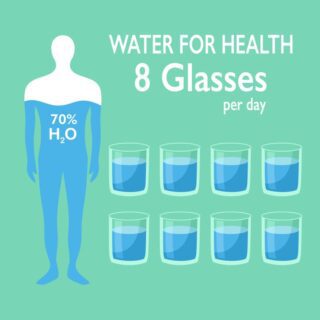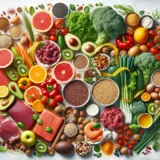The Role of Antioxidants in Disease Prevention: A Complete Guide

Antioxidants play a crucial role in protecting our bodies from oxidative stress and reducing the risk of chronic diseases. This comprehensive guide explores the types of antioxidants, their sources, and their role in disease prevention.
Understanding Antioxidants
What Are Antioxidants?
- Antioxidants are molecules that neutralize free radicals, which are unstable molecules that can damage cells and contribute to chronic diseases.
Types of Antioxidants:
- Vitamins: Vitamin C, Vitamin E, and beta-carotene (a precursor to Vitamin A).
- Minerals: Selenium and zinc.
- Phytochemicals: Flavonoids, polyphenols, and carotenoids found in plants.
Role of Antioxidants in Disease Prevention
Cardiovascular Health:
- Antioxidants can prevent the oxidation of LDL cholesterol, reducing the risk of atherosclerosis and heart disease.
- Vitamin C and E have been shown to improve endothelial function and reduce inflammation in blood vessels.
Cancer Prevention:
- Antioxidants protect DNA from damage caused by free radicals, reducing the risk of mutations that can lead to cancer.
- Phytochemicals like flavonoids and polyphenols have anti-cancer properties, inhibiting tumor growth and promoting apoptosis (programmed cell death).
Neurodegenerative Diseases:
- Oxidative stress is a key factor in the development of neurodegenerative diseases like Alzheimer’s and Parkinson’s.
- Antioxidants can protect neurons from damage, potentially slowing disease progression.
Immune System Support:
- Antioxidants boost immune function by protecting immune cells from oxidative damage and supporting their ability to fight infections.

Best Dietary Sources of Antioxidants
Fruits and Vegetables:
- Berries: Blueberries, strawberries, raspberries, and blackberries are rich in flavonoids and Vitamin C.
- Citrus Fruits: Oranges, lemons, and grapefruits are excellent sources of Vitamin C.
- Leafy Greens: Spinach, kale, and broccoli provide Vitamin C, Vitamin E, and carotenoids.
Nuts and Seeds:
- Almonds: High in Vitamin E.
- Sunflower Seeds: Provide Vitamin E and selenium.
Whole Grains and Legumes:
- Quinoa: Contains polyphenols and flavonoids.
- Beans: Rich in polyphenols and other antioxidants.
Herbs and Spices:
- Turmeric: Contains curcumin, a potent anti-inflammatory and antioxidant compound.
- Ginger: Rich in gingerol, which has antioxidant and anti-inflammatory effects.
Summary:
- Antioxidants protect against oxidative stress, reducing the risk of chronic diseases like heart disease, cancer, and neurodegenerative conditions.
- Key antioxidants include vitamins C and E, selenium, and phytochemicals, found in fruits, vegetables, nuts, seeds, and whole grains.
- A balanced diet rich in antioxidants supports cardiovascular health, cancer prevention, immune function, and overall well-being.

This article reviewed by Dr. Jim Liu, MD and Ms. Deb Dooley, APRN.
There’s nothing more important than our good health – that’s our principal capital asset.
#medical #telehealth #umedoc










